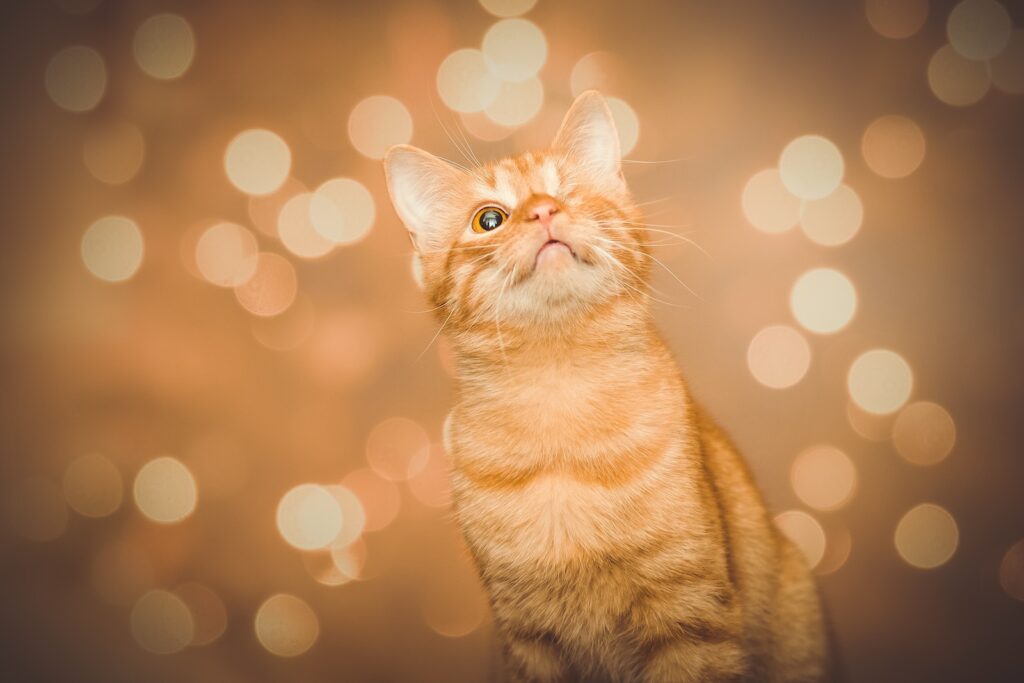Can Cats Eat Liver? — Yes, They Can
When it comes to cats and their dietary needs, liver can be a beneficial addition to their meals. While moderation is key, feeding liver to your feline friend can provide numerous health benefits.
Can Kittens Eat Liver?
Yes, kittens can eat liver as well. In fact, liver can be particularly beneficial for their growing bodies, thanks to its high nutrient content.
Things to consider when feeding liver to kittens?
When introducing liver into a kitten’s diet, it’s important to start with small portions to avoid any digestive upset. Additionally, ensure that the liver is properly cooked to eliminate any potential risks of bacterial contamination.
Nutritional Benefits of Liver for Cats — Why Liver is Good for Cats?
Vitamin A
Liver is a rich source of vitamin A, which is essential for feline health. It promotes good vision, strengthens the immune system, and supports proper growth and development.
Iron
Another important nutrient found in liver is iron. Iron plays a key role in the production of red blood cells, preventing anemia and keeping your cat energized.
B Vitamins
Liver is packed with B vitamins, including B12 and folic acid. These vitamins help with various bodily functions, such as aiding in metabolism and promoting healthy skin and coat.
Protein
Protein is crucial for cats, as it supports muscle growth and maintenance. Liver provides a high-quality source of protein, making it a valuable addition to their diet.
Taurine
Taurine is an amino acid that is essential for cats. It supports heart health, promotes proper digestion, and plays a role in maintaining healthy eyesight.
Potential Allergies: Can Cats Be Allergic to Liver?
In some rare cases, cats can be allergic to liver. If you notice any signs of an allergic reaction, such as vomiting, diarrhea, or skin irritations, it’s best to consult your veterinarian.
Symptoms of Liver Allergies in Cats
- Vomiting: Cats may experience vomiting as a result of a liver allergy.
- Diarrhea: Digestive upset, including diarrhea, can be a symptom of a liver allergy in cats.
- Skin Irritations: Cats with a liver allergy may develop skin irritations or rashes.
What to Do If Your Cat Shows Symptoms?
- Contact Your Veterinarian: If your cat exhibits symptoms of a liver allergy, it’s important to seek veterinary advice for proper diagnosis and guidance.
- Elimination Diet: Your veterinarian may recommend an elimination diet to identify the specific allergen and help manage your cat’s symptoms.
- Medication or Treatment: Depending on the severity of the allergy, your veterinarian may prescribe medication or suggest other treatment options to alleviate your cat’s symptoms.
Recommended Amount: How Much Liver Can a Cat Consume?
The recommended amount of liver to feed your cat is about 10% of their overall diet. This includes both cooked and raw liver. It’s important to note that liver should be given as a supplement and not as the main source of nutrition.
Things to Consider When Feeding Liver to Cats
While liver can provide numerous health benefits to cats, it should be given in moderation. Excessive consumption of liver can lead to an imbalance of certain nutrients, such as vitamin A, which can have adverse effects. Additionally, always ensure the liver is properly cooked to eliminate any potential bacterial contamination.
How to Feed Liver to Cats: A Quick Guide
Introducing liver to your cat’s diet can be a tasty and nutritious treat. Here are a few recipes to try:
Liver Treats
Ingredients:
- 1/2 pound of chicken liver
- 1 cup of whole wheat flour
- 1/2 cup of cornmeal
- 1 egg
- 1/4 cup of water
Instructions:
- Preheat your oven to 350°F (175°C).
- Puree the chicken liver using a blender or food processor.
- In a bowl, mix the pureed liver, flour, cornmeal, egg, and water until well combined.
- Roll the mixture into small balls or flatten them into treat shapes.
- Place the treats on a greased baking sheet and bake for approximately 15 minutes or until they are firm and cooked through.
- Allow the treats to cool before serving them to your cat.
Conclusion
Liver can be a nutritious and delicious addition to your cat’s diet when fed in moderation. It provides essential vitamins, minerals, and proteins that contribute to their overall health and well-being. However, always consult with your veterinarian before making any significant changes to your cat’s diet, especially if they have any underlying health conditions or allergies. Remember, a balanced and varied diet is essential for a happy and healthy feline companion.






